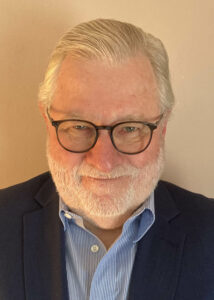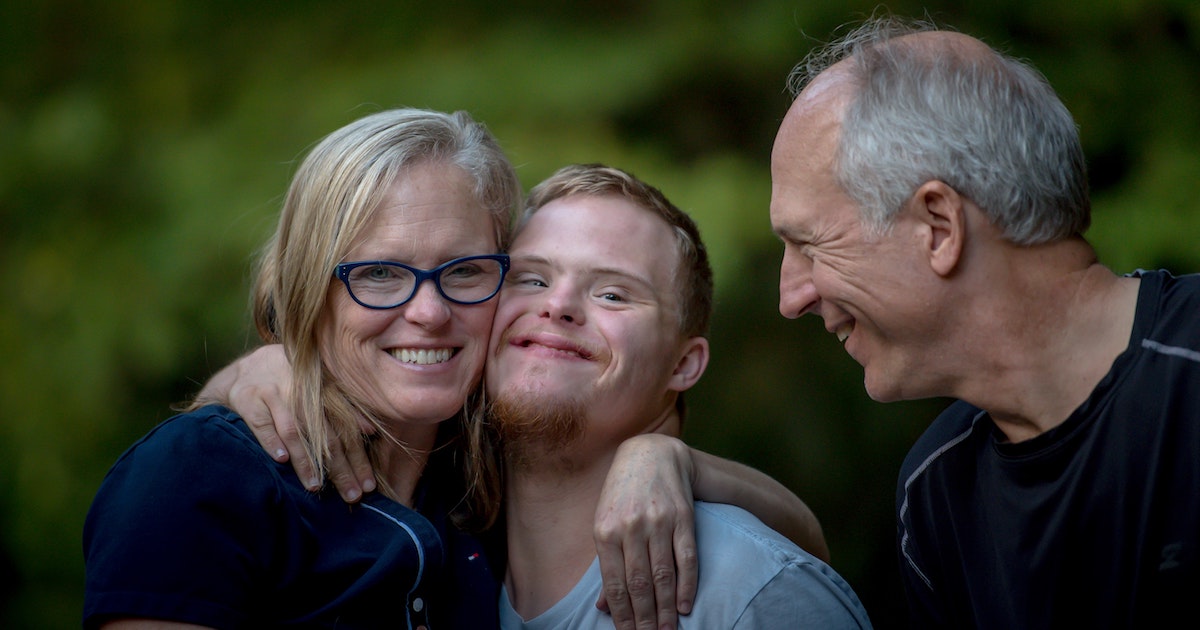April 4, 2024 Mark Mostert: The disability community as a whole can agree on a lot more than anyone would think.
Supporting people with disabilities should be a commitment all Americans can agree on, argues Dr. Mark P. Mostert, a senior fellow at Able Americans. And helping people with disabilities access the resources they need is an especially worthwhile commitment. But the federal government may not be the best solution.
[T]The primary systems that support and pay for treatment and resources for people with disabilities, the federal Department of Health and Human Services (HHS) and Medicare/Medicaid, are a constant source of frustration and confusion, often resulting in essential resources not reaching those who need them most.
This is worrying enough, but there is another issue that affects the entire disability community and requires a sustained and vigorous response: financial fraud and waste…
It’s clear that big government isn’t getting the job done.
It may be worth considering free market solutions instead of tedious bureaucracy.
Read Mark’s full comment below.
On any given issue, political battles play out along many lines: special interests vs. society-wide interests, secular vs. religious, Democrat vs. Republican, etc. While vigorous debate is important, too often these battles break down along ideological lines. But they shouldn’t. Consider the issue of people with disabilities.

Dr. Mark P. Mostert
The statistics for the disability community are grim. According to the CDC, 27% of Americans live with some kind of physical, cognitive, or psychological disability. Adults with disabilities are three times more likely to develop obesity, heart disease, stroke, diabetes, and cancer than adults without disabilities. Additionally, the likelihood of becoming disabled increases with age, with 46% of Americans over 75 living with some kind of disability. Americans with disabilities also tend to earn significantly less than their non-disabled peers and are significantly underemployed. The number of K-12 school-age students with disabilities has increased significantly over the past decade.
In essence, disability is widespread throughout the American population, regardless of age, ideology, social class, income level, gender, or any other demographic indicator you can think of.
In a country often divided by political affiliations and cultural forces, if there is one thing that can unite us, it is support for people with disabilities. Almost every family has a disability story: a grandfather with Alzheimer’s, a child who needs special educational support, a sister with cognitive disabilities, a mother with serious health issues. And many disability stories reveal a harsh reality: people with disabilities often do not receive the help and support they urgently need.
Consider the primary systems that support and pay for treatment and resources for people with disabilities: the federal Department of Health and Human Services (HHS) and Medicare/Medicaid.
These sprawling institutions are, by definition, extremely unwieldy, with layers of bureaucracy, internal tensions, turf wars, and organizational inertia. Partial organizational paralysis is common and severe. For people with disabilities, regardless of other identifiers, these institutions are a constant source of frustration and confusion, and often mean that vital resources do not reach those who need them most.
While this is cause for concern in itself, there is another issue that impacts the entire disability community and requires a sustained and vigorous response: financial fraud and waste. Given the trillions of dollars that HHS and Medicare/Medicaid spend annually, the amount wasted is shocking but not surprising. Healthcare Finance reports that the federal government recovered more than $5 billion in health care fraud in 2021.
While this is impressive, there is also strong evidence that this is just the tip of the fraud and fraud iceberg. In 2020, an article in the American Journal of Public Health broke down healthcare waste into six categories: clinical inefficiency, missed opportunities for prevention, overutilization, administrative waste, excessive pricing, and fraud/fraud. Combining all categories, the annual waste was estimated at between $600 billion and $1.9 trillion. This estimate is likely even higher now. Clearly, the federal government is making efforts to recover some losses, primarily through healthcare fraud and fraud prevention programs, but there are billions more dollars in losses that have not been recovered. It is clear that big government is not getting the job done.
It may be worth considering free market solutions instead of tedious bureaucracy.
At Able Americans, we serve Americans with intellectual, developmental and physical disabilities. We believe in leveraging the free market, emphasizing individual freedom and choice, and advocating for innovative solutions that remove barriers to progress.
Dr. Mark P. Mostert is a senior research fellow at Able Americans, a project of the National Center to Serving Americans with Intellectual, Developmental, and Physical Disabilities.

